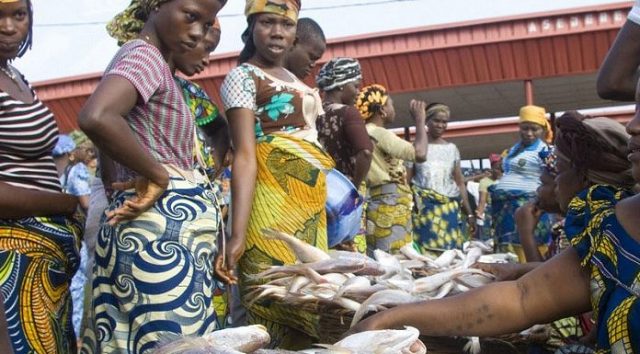The Director of Nigerian Institute for Oceanography and Marine Research Lagos, Dr. Adekunle Oresegun, has disclosed that Nigeria spends about $1 billion annually on the importation of fish.
He stated this in Abakaliki during a four-day vocational training and empowerment on aquaculture production and fish post harvest for youths and women from Ohaozara/Onicha/Ivo Federal constituency in Ebonyi State.
Oresegun said the 40 participants drawn from the area were part of the constituency project of the House of Representatives Committee chairman of Agricultural Colleges and Institution, Hon. Linus Okorie.
The director noted that Nigeria has great potentials for fish production, which if harnessed properly, would save the country about $1billion expended on fish importation.
He said: “The truth of the matter is that Nigeria spends about one billion dollars annually on importation of fish. Because of our fish production deficiency in Nigeria, we want to increase the number of people who have the knowledge and skills to farm fish. The intention of this vocational training is to increase fish production.
“There are two ways to approach it: to increase production by increasing the number of people into fish production; to genetically modify the fish for productivity.
“The metric tons of fish production in Nigeria are below the demand and consumption of fish and so we are still at the infancy in popularising fish production”.
Oresegun further called on the Federal government to create enabling environment that will make fish production popular in Nigeria.
Okorie represented by his Senior Legislative Aide, Wilson Okereke noted that the training was part of the measures of the lawmaker to engage some youths of the constituency into meaningful businesses.
He admonished the participants to utilise the opportunity and engage in fish production to become self- reliant stressing that incentives would be provided for the participants for the production of fish.
Source: THISDAY
















